The Affectionate Pope Francis has Died, Leaving a Humble Legacy Behind
1. A Modest Start in Argentina
Pope Francis was born as Jorge Mario Bergoglio to Italian Immigrants on December 17, 1936, in Buenos Aires, Argentina. He lived his life in humility, faith, and service. Since his childhood, he developed a strong devotion to the Catholic Church. Initially he studied chemistry spent some time in the field but soon realized his true passion and entered the Society of Jesus (Jesuits) in 1958 and was ordained a priest in 1969.
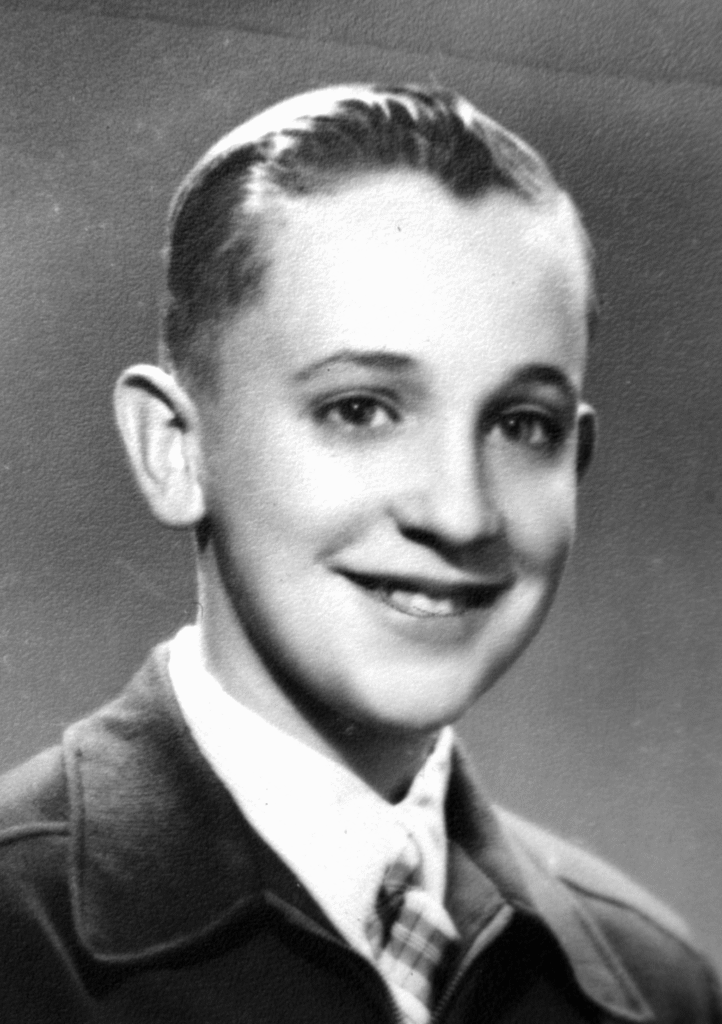
His success in the ranks of the Church was due to his simplicity and compassion. As Archbishop of Buenos Aires from 1998 to 2013, he was recognized for his help for the needy, his modest lifestyle, as he took public transport instead of using official vehicles, and his dedication to mercy. These qualities helped him in his papacy and appease millions around the world.
2. First Pope from the Americas
March 13, 2013 marked the day when Pope Benedict XVI resigned and Cardinal Bergoglio was elected as the 266th pope of the Roman Catholic Church. He took the name Francis in honor of a previous great Saint Francis of Assisi. This historic moment made him the first pope from the Americas, the first Jesuit pope, and the first non-European pope in over 1,200 years.
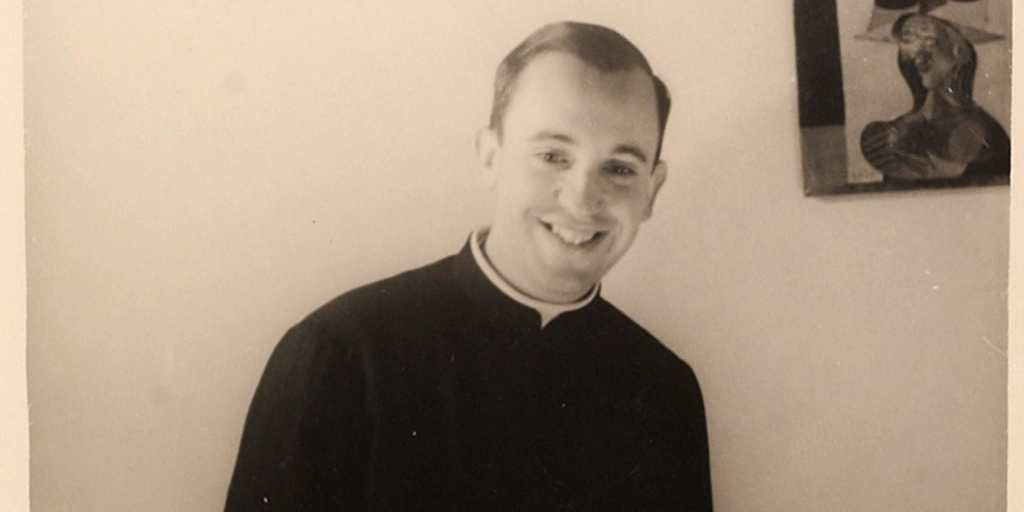
Known for his sincere, friendly demeanor, Pope Francis brought a new essence to Vatican City. he continued living his modest lifestyle as he chose to reside in a guesthouse instead of the Apostolic Palace. He embraced the disabled and also made headlines by washing the feet of prisoners. He embraced the idea that Church should serve as a hospital for the wounded, spiritually or materially.
3. Defending Environmental Protection and Justice in Society
Pope Francis time as pope would be known for his advocacy for the idea of social justice, economic equality and environmental protection. His breakthrough encyclical Laudato Si’ (2015) called for imperative action against climate change and criticized consumerism and careless development, echoing the voice of global environmental protectionist movements.
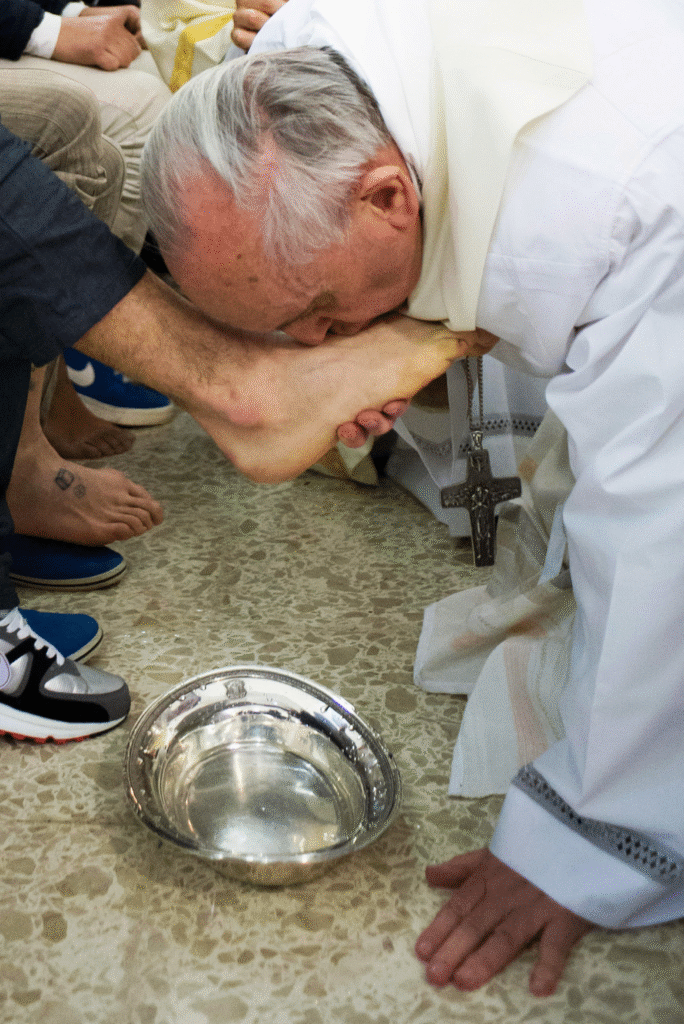
He strongly backed the marginalized groups of societies like refugees, the homeless, and the oppressed minorities. He would often call the world leaders to show empathy in their policies. He led the Church to become more open to inclusivity, such as more accepting attitude towards the LGBTQ+ community, marked a significant shift toward modernization in Church teachings.
4. Key Accomplishments of His Papacy
Pope Francis’ era was known for several major achievements:
Interfaith Discussions: He took significant steps in promoting peace among different religions, by including Islamic leaders in historic meetings and visits to majority Muslim countries.
Reforms in Church: He encouraged transparency in the Vatican’s finances and took action against the prevalent clerical abuse, although critics believed more could have been done.
Synodality: He highlighted the idea of synodality, better listening and shared decision-making process, giving more voice to the people lower in hierarchy including women.
Global Outreach: He worked tirelessly to expand the influence of the Vatican City in the world. He addressed Congress in the United States in 2015 and played a key role in the warming up the U.S.-Cuba relations.

5. Demise and Legacy
Pope Francis passed away on April 21, 2025, at the age of 88, due to the growing complications related to his heart. He was suffering from congestive heart failure. A concerning condition, he had battled in his later years and he had reduced his travels and public attendances accordingly.
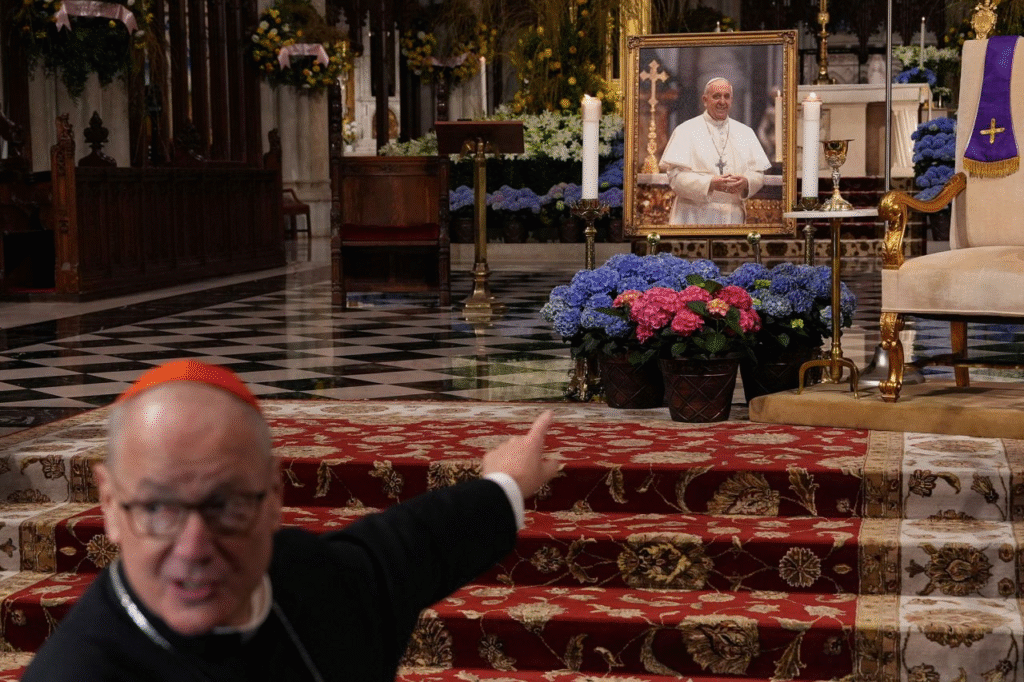
Known as “the people’s pope,” his death marked the end of an era that had redefined the role of the pope in the modern times. He has left behind a legacy of kindness, humility, and a Church motivated to be more receptive to the 21st century needs.
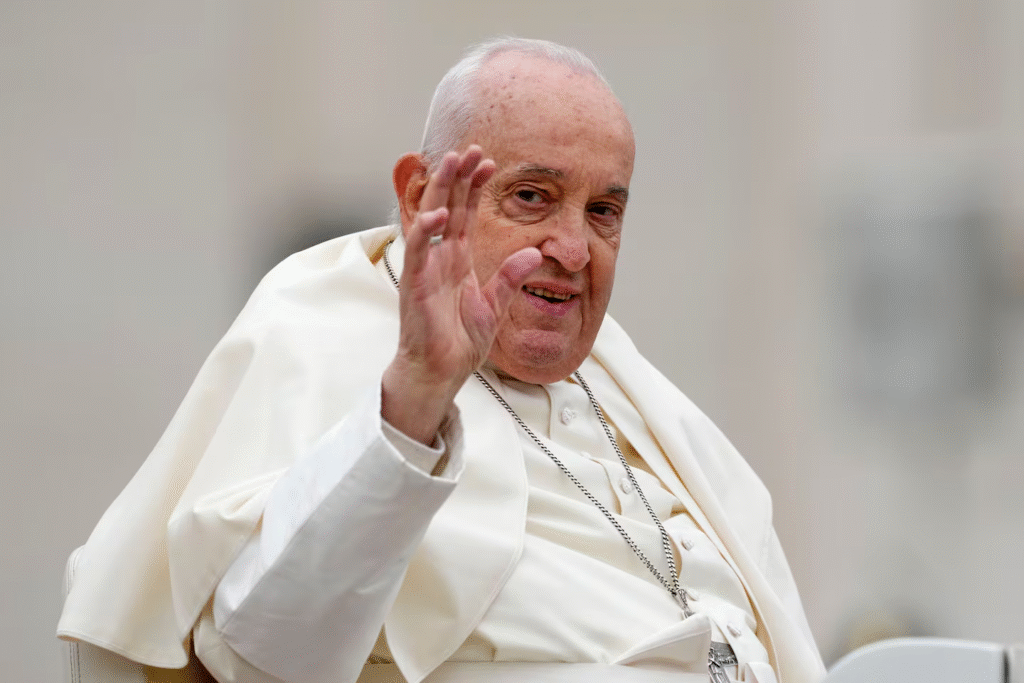
Following his passing, praises poured in from religious leaders, world notables, and common people who are inspired by his message of love, compassion, and justice. Pope Francis’ teachings will influence the public for dialogues across cultures, faiths, and nations. His journey from a modest neighborhood in Buenos Aires to the global stage remains a powerful demonstration to faith in action.

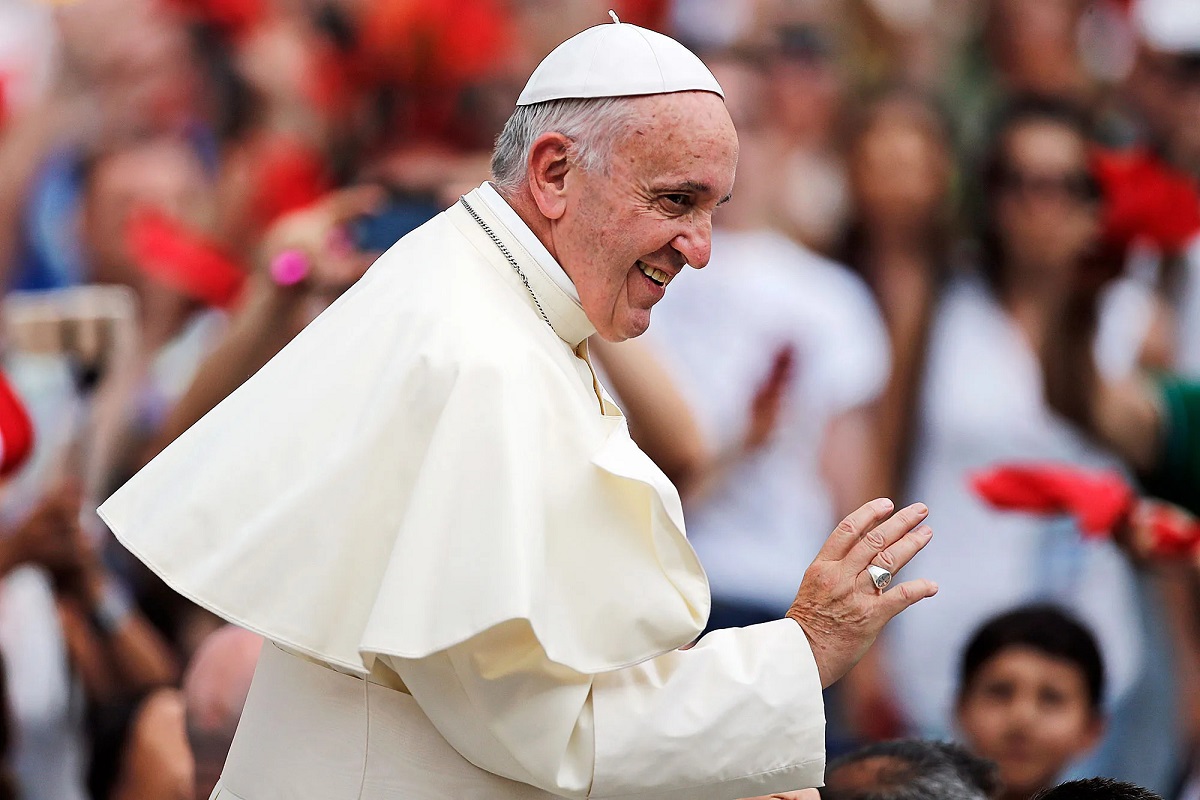






vbcto0
mapmbd